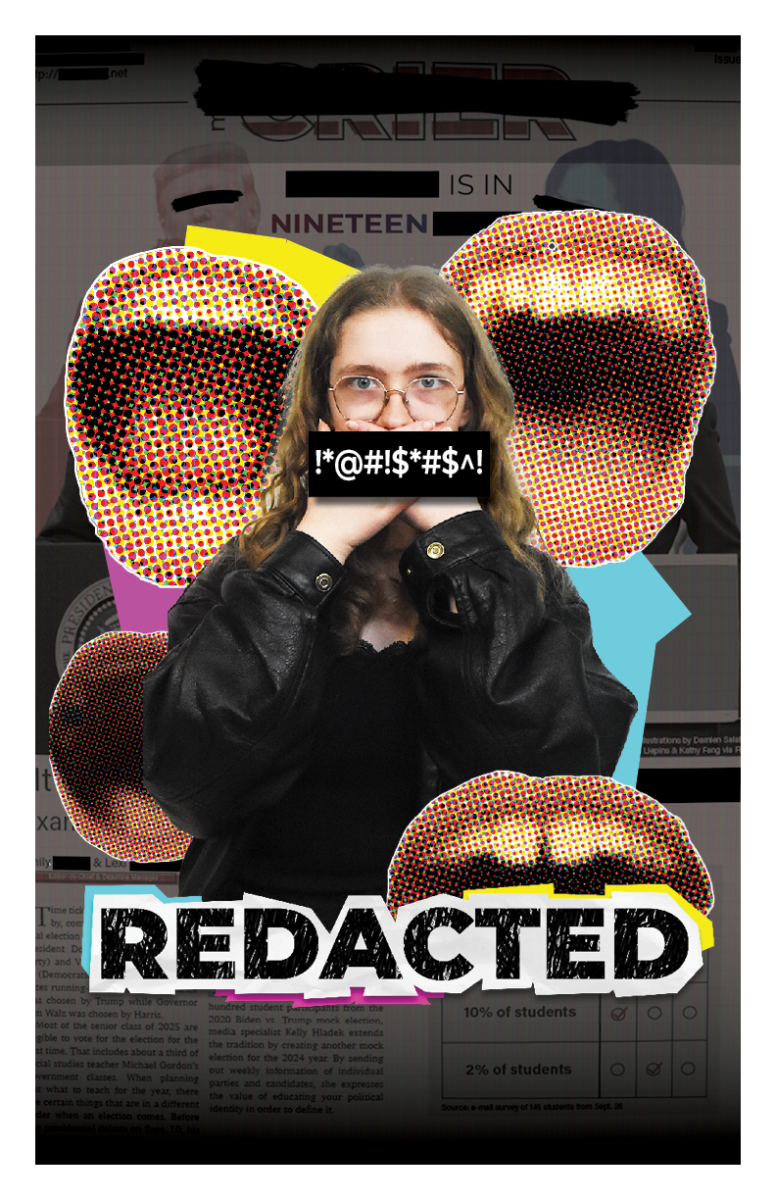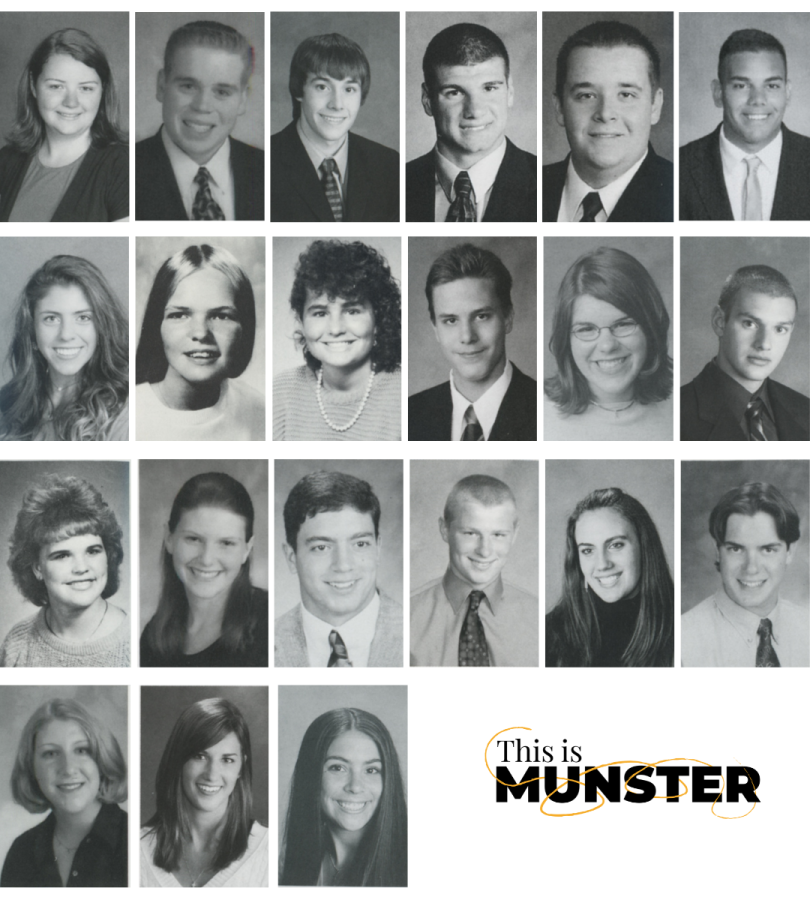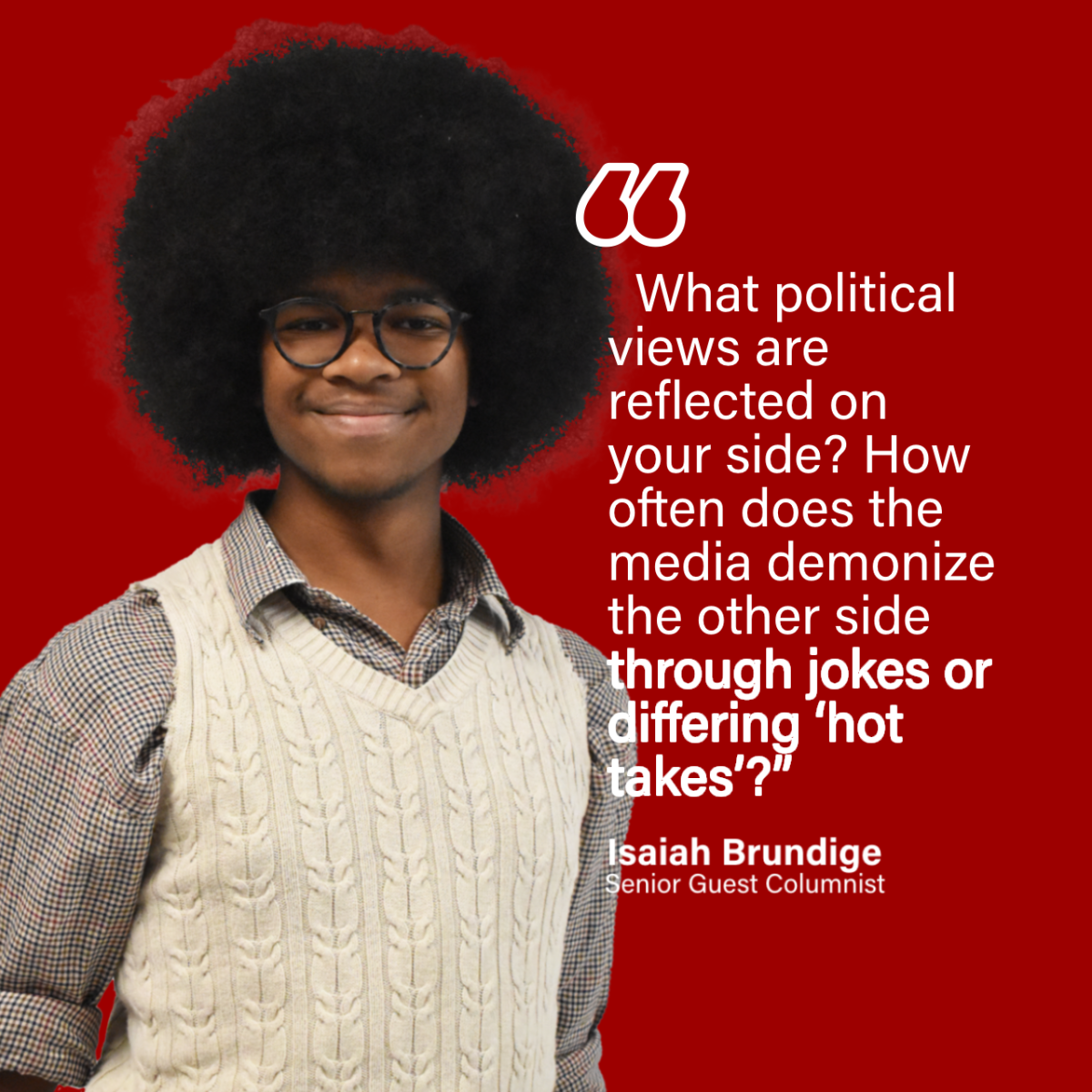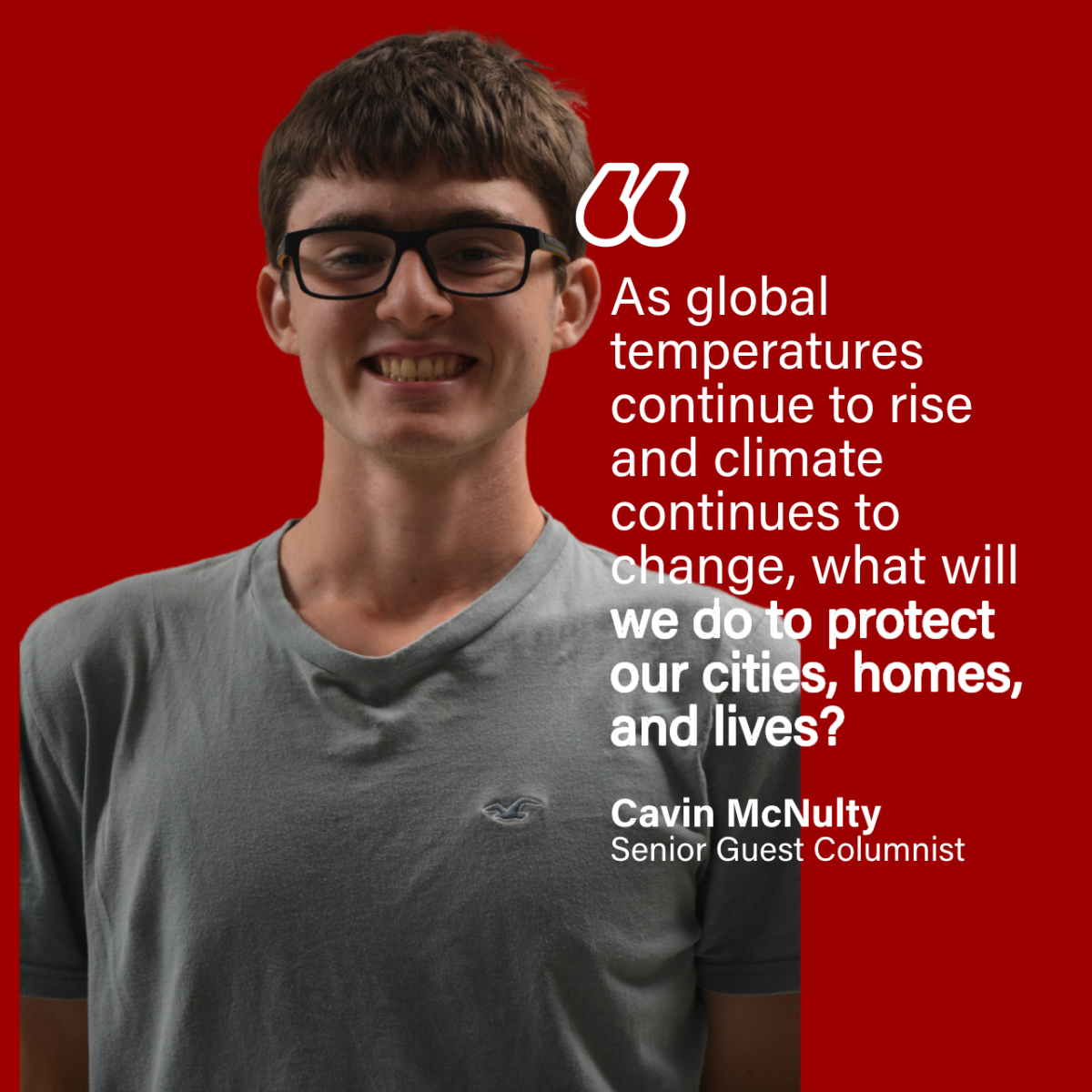Over 2000 years ago, a young Plato, perhaps the world’s first political philosopher, recognized that a healthy polity required a degree of shared values. He developed an idea, central to civic education, that would eventually bear his name: the Platonic Myth. Stories that we tell to celebrate the dispositions we wish to imprint upon our young and build a society around. Platonic Myths can help us develop a version of patriotism that celebrates America as a single, exceptional community.
An award-winning book published in the 1990s by James Loewen entitled “Lies My Teacher Told Me” challenged those myths. Loewen identifies the convenient fabrications once told and retold in high school history textbooks: the glorification of Columbus and the first Thanksgiving, George Washington and the cutting down of a cherry tree, the Civil War as an abolitionist movement, and the poverty-shaming of a lazy, deserving, impoverished class. These half-truths and downright lies were common in history books. They helped Americans attempt to develop a shared identity of the melting pot, and glorified the values of patriotism, but they did so with lies.
It’s easy to understand why these Platonic Myths were popularized. They make many people feel good about America… Patriotism enshrined and defined by American exceptionalism, a 1950s “love-it-or-leave-it” mantra, can be felt deep within those stories.
However, Loewen’s writings joined and propelled a pedagogical movement that led to more honest appraisals of who we are and how we got here. Those appraisals can be difficult for a nation that wants to believe in Exceptionalism. The progressive-Loewen movement led to multicultural studies that give a more comprehensive look at our history as pluralistic mosaic or salad bowl, expansions at the policy level in affirmative action and DEI programs, attention to social justice and scholarships to right past wrongs and create a more equitable and inclusive nation; the acceptance that we are and can be a broad rich multicultural society; which by the way I would argue is rather exceptional. The Progressive Movement was never completed, but it certainly moved us in a positive direction. Income gaps based on race, ethnicity and gender began to close, and meaningful academic discussion continued to open and trickle into our lives and culture. The very halls of power, in both industry and politics, began to slowly look more like the nation of nations that is America.
But currently, we regress as a politically empowered movement, fearing a vague image of woke, which creates a chilling effect on the needed information and discourse that fueled such earlier progressive waves. We now witness publicly induced financial pressure on university curriculum – on Smithsonian institutes – on public sources of information, PBS/NPR – on cultural institutions – a political takeover of the Kennedy Center; and even on the map itself with the un-naming of Mt. Denali and the Gulf of Mexico. We have witnessed the literal erasing of Black Lives Matter from 16th Street in Washington, D.C. More chilling yet, wholesale cutting of foreign aid, deportations without due process, expansion of ICE crackdowns into the sanctuaries of schools and churches, and a blatantly unconstitutional executive order denying natural born citizenry.
While one might see such cleansing of the intellectual pallet as a reinvigoration of a cherished Platonic Myth – modeling Patriotic Exceptionalism. It remains untrue. Let us instead use our speech to rekindle a different form of patriotism; as Benjamin Constant maintained in the resistance to Napoleonic France, “love your country enough to set it right.” Let us use our speech to seek out the deeper, more honest, even troubling, multicultural tapestry of history. Let us avoid a new chapter of lies before they find their way into another generation of history textbooks. The push back must be in honest, reflective, soul-searching speech.


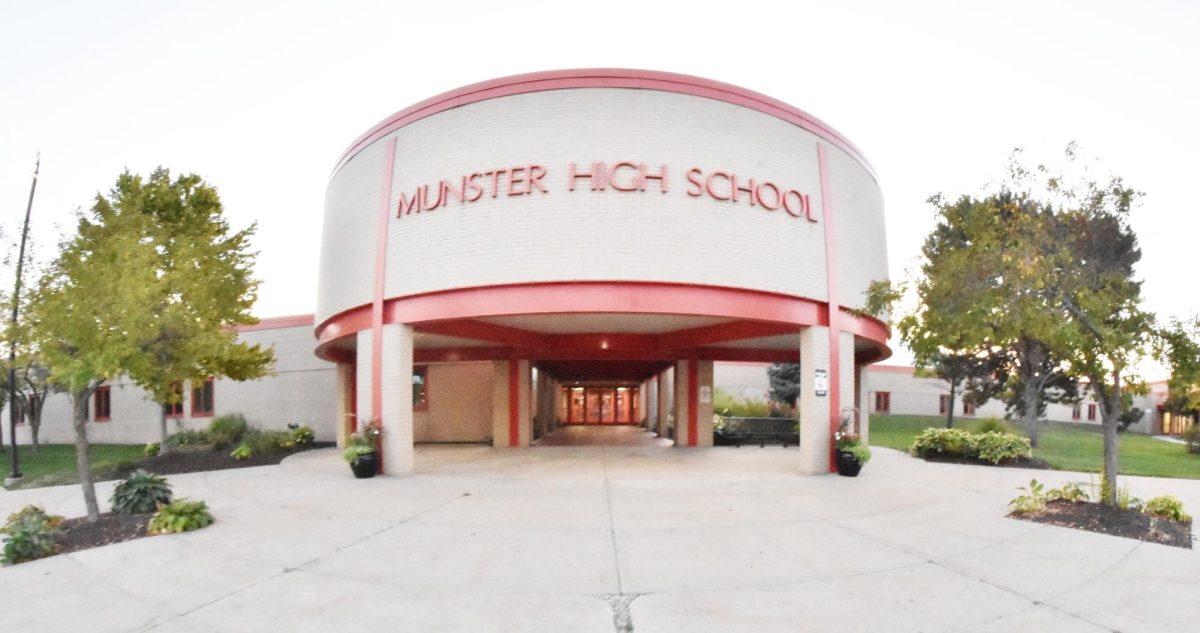







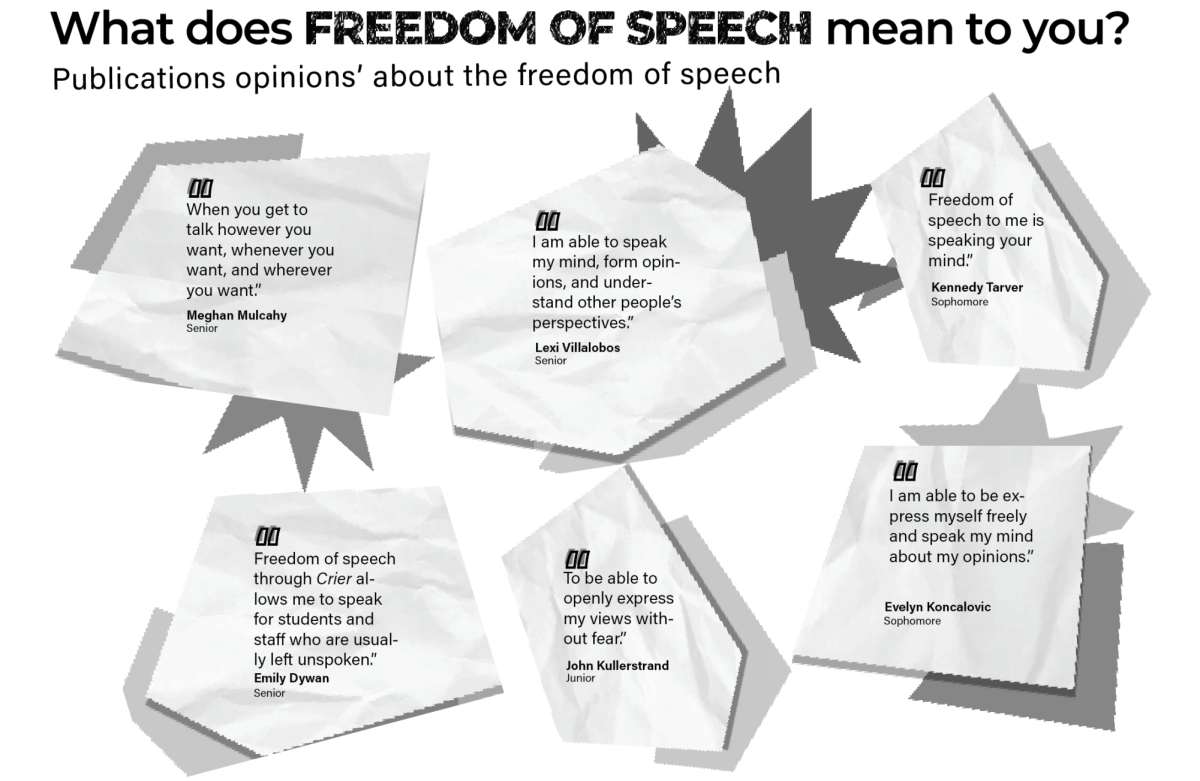






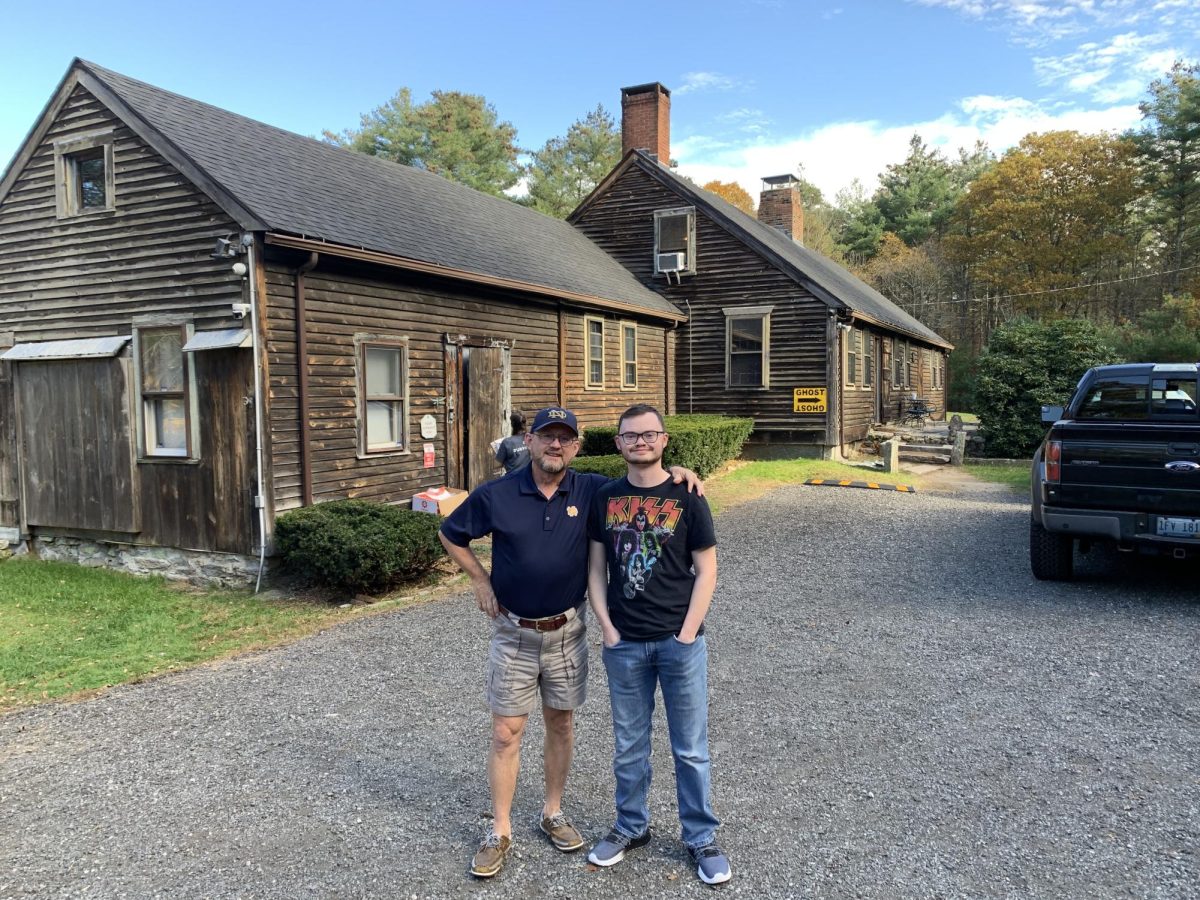
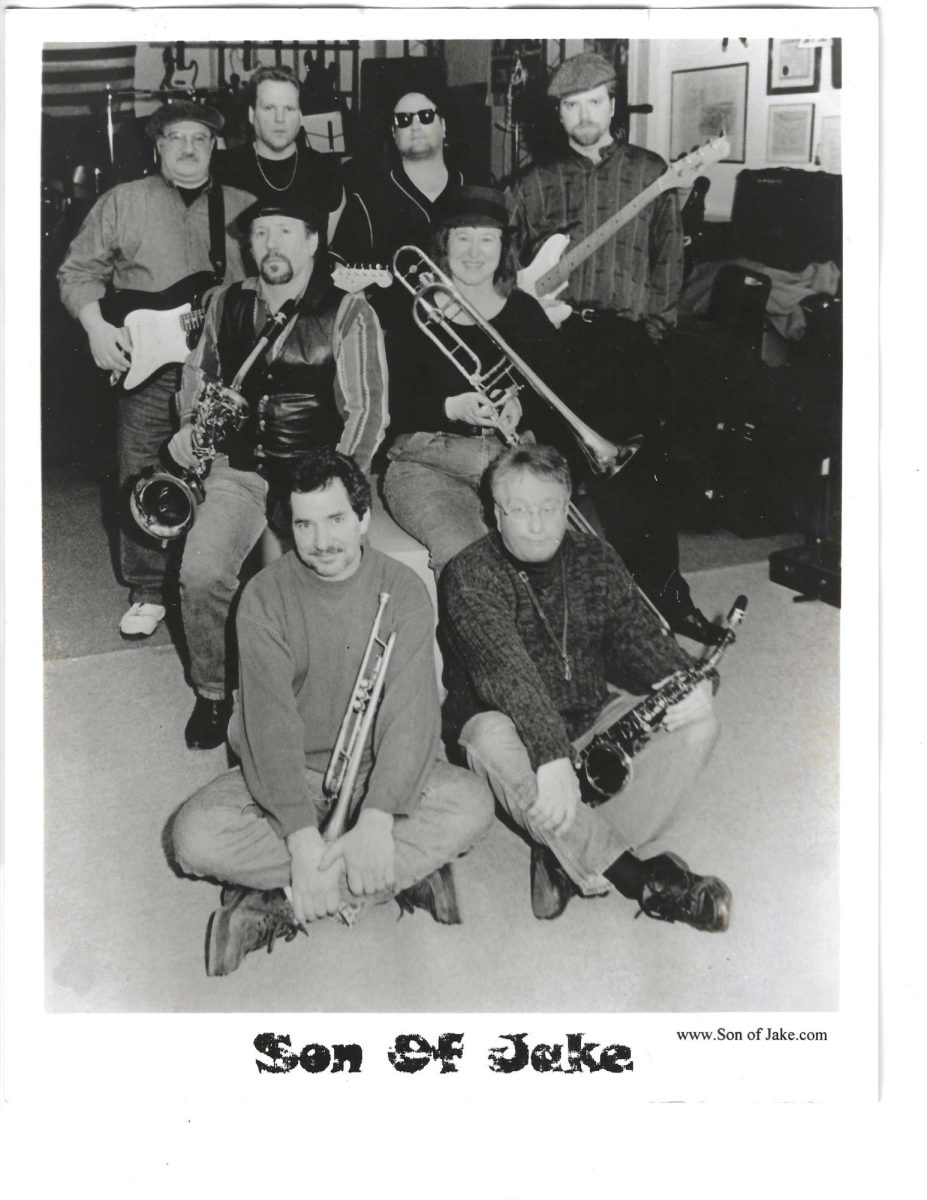







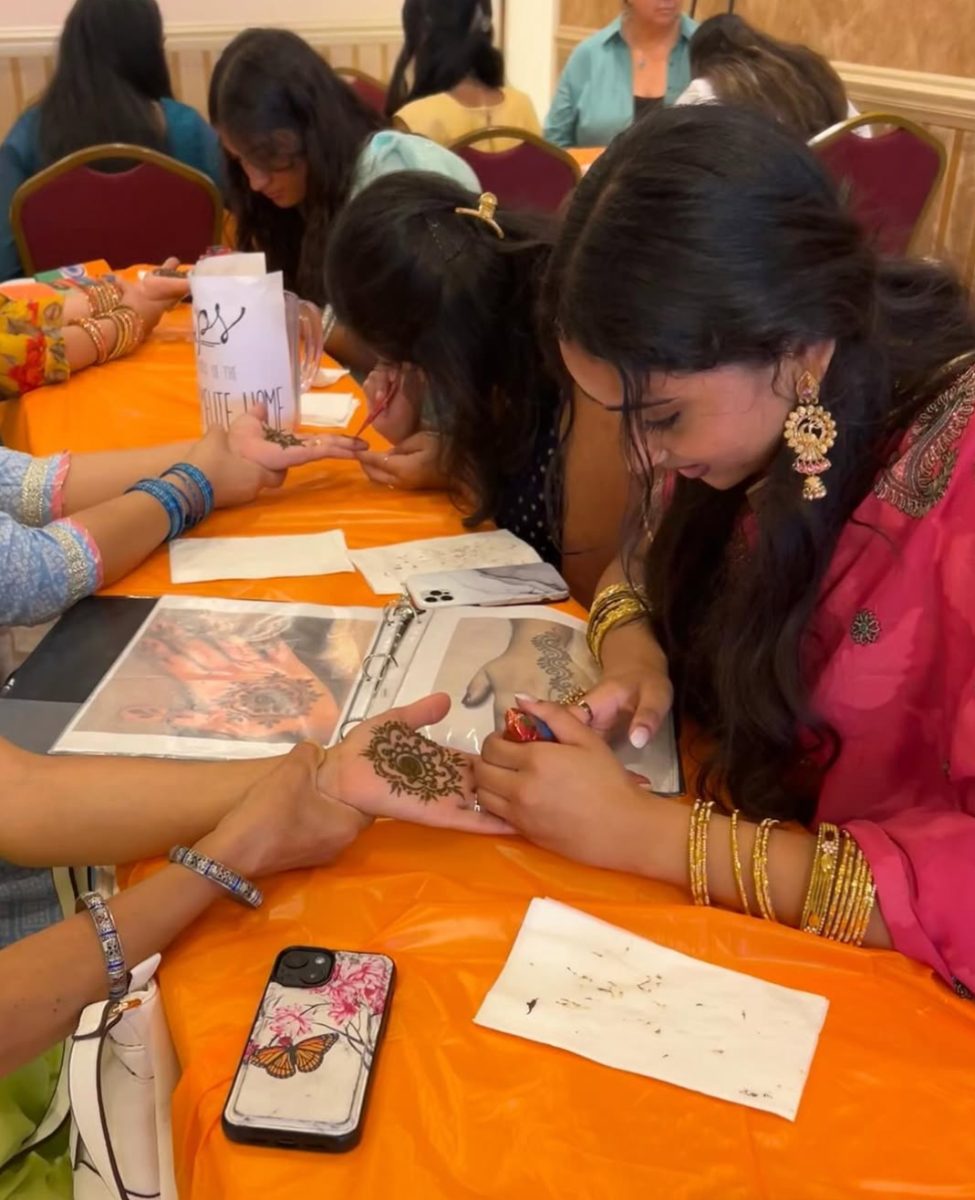

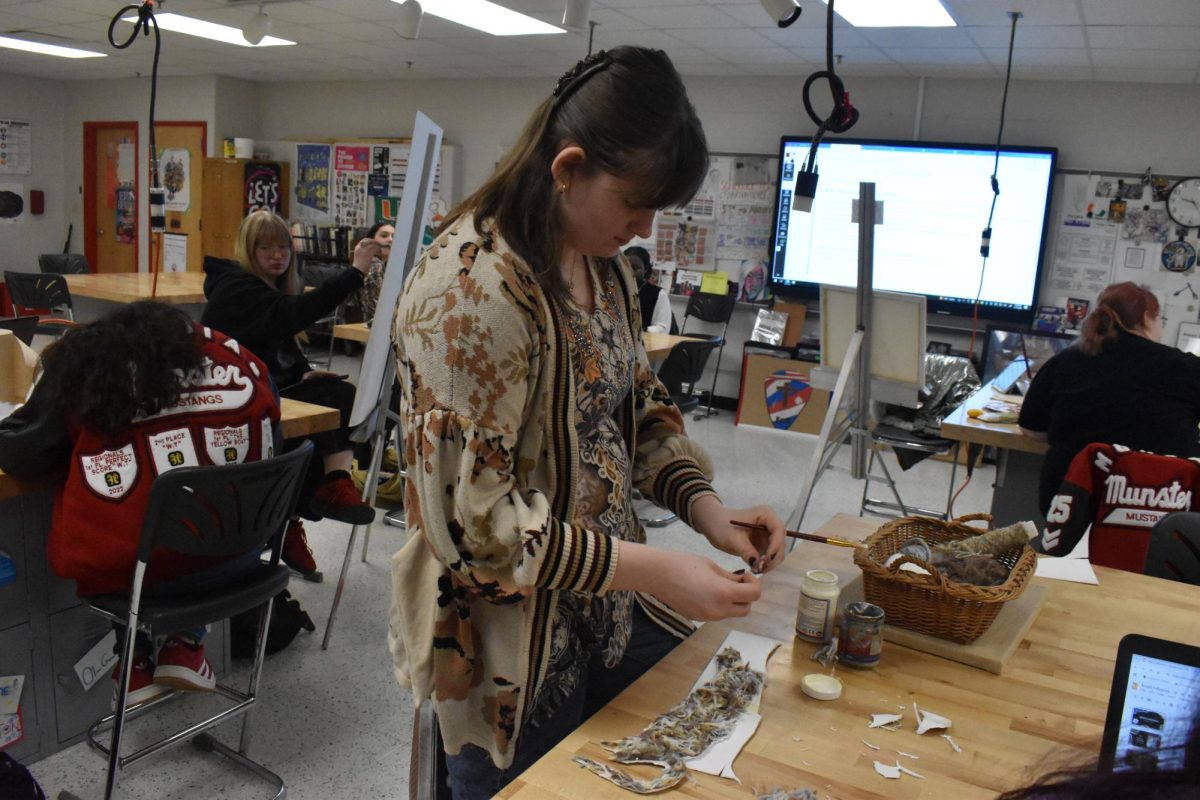

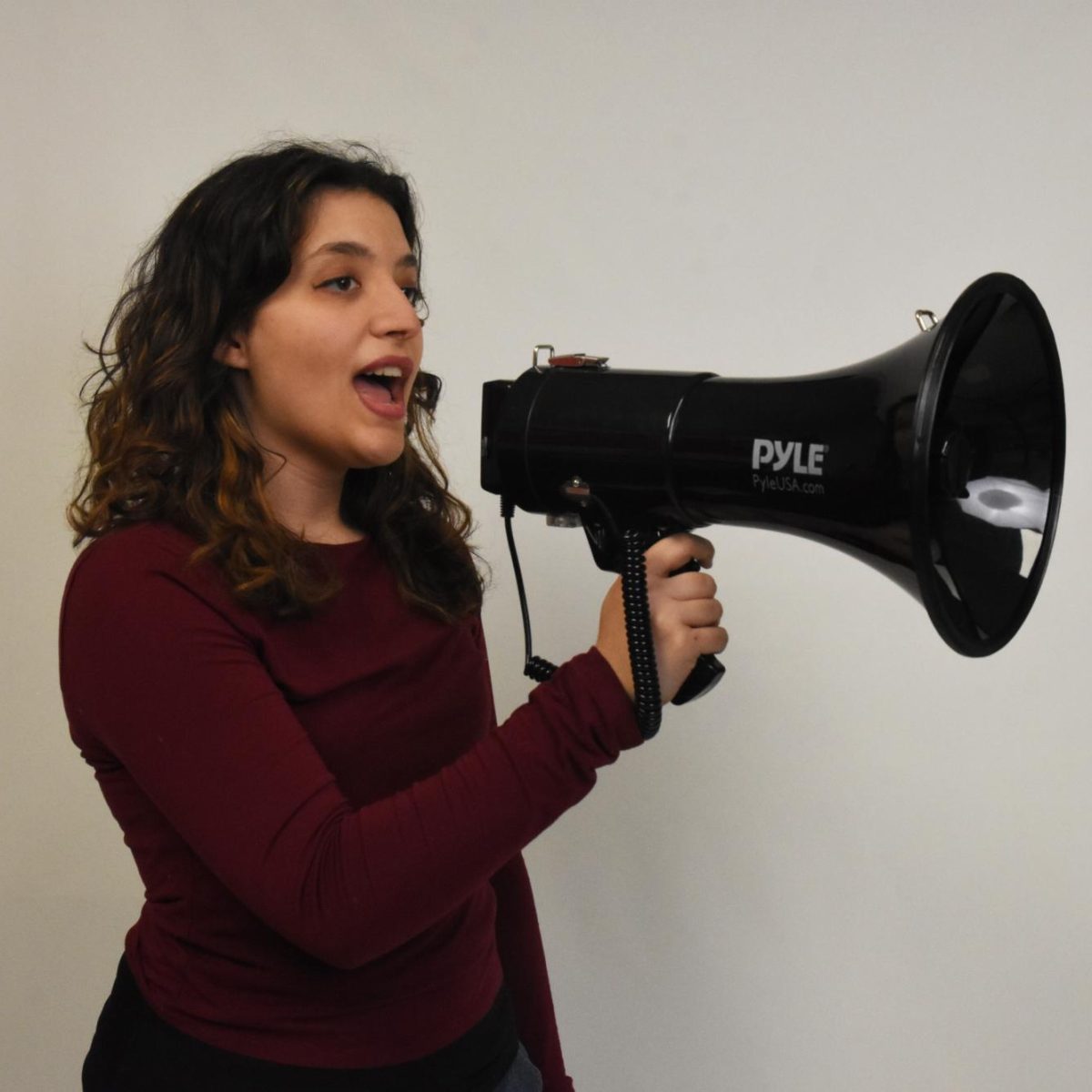
![SNAP HAPPY Recording on a GoPro for social media, senior Sam Mellon has recently started a weekly sports podcast. “[Senior] Brendan Feeney and I have been talking about doing a sports podcast forever. We love talking about sports and we just grabbed [senior] Will Hanas and went along with it,” Mellon said.](https://mhsnews.net/wp-content/uploads/2025/04/sam-892x1200.png)
